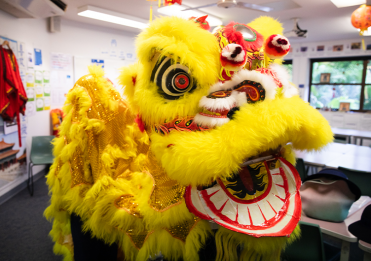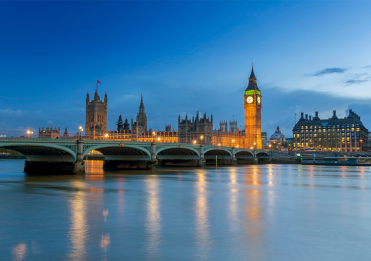A history such as ours, spanning 145 years, is beneficial in myriad ways and circumstances. We have developed long-lasting traditions, unique to BGGS and celebrated by all, created an impressive legacy on the sports field, and our alumnae community is strong. However, another important benefit, often forgotten until a crisis, is the fact that our School has endured disasters and epidemics; COVID-19 is neither the first, nor will it be the last, crisis we navigate.
On Tuesday 25 May 1875, Mr Thomas Harlin, Head Master of Brisbane Grammar School, put an announcement in The Brisbane Courier, advising parents that, because of the measles outbreak in Brisbane and the risk of contagion to pupils, school would close early for the mid-year break.
During World War I, many Grammar Women joined different branches of the War Services. They worked in ammunition factories, for Red Cross, VAD, AIF WAAF, the Women’s National Emergency League, and some became officers in the Australian Women’s Army Service, while others joined the Army Medical Corp. On the announcement, in November 1918, of the end of the war, students were in class and, as the wave of news travelled throughout the building, applause broke out in classrooms (BGGS Magazine, 1918).
In late 1918, the Government closed Queensland’s borders in an unsuccessful attempt to stop the spread of the pneumonic influenza; by Easter the following year, all schools were closed. BGGS students learned by distance—mailing work to staff. During World War II, Queensland schools closed again, the Government concerned for the safety of children after the bombing of Darwin.
In my 27 years at the School, we have encountered several health pandemics. The SARS epidemic hit Australian shores in 2003, and six years later when swine flu reached Australia, there were reports that the virus disproportionately affected children and young adults. Girls Grammar closed on 14 June, a week short of the mid-year holiday break. Academic staff remained on campus to teach classes remotely. In 2020, again we transitioned to remote learning, in response to the outbreak of COVID-19.
During each crisis, ensuring continuity of education has always been the School’s priority—from the early days of work being mailed to students, to today, where the use of technology such as Zoom has provided for ‘virtual’ classrooms.
The creativity of staff and students alike has blossomed during the COVID-19 pandemic, contributing to the health and wellbeing of the BGGS community and beyond. Year 11 Design students have been tasked with the design of personal protective equipment (PPE) solutions for health workers. A Virtual BGGS Concert was created and distributed to rural families as part of the School’s support of Rural Aid. Notes of Hope, decorative cards sharing a positive message, have been delivered to women experiencing homelessness, and their children. From Mr Pincott’s Thursday morning Zoom Yoga, online Mindfulness practices, or a series of ‘At-Home Workouts’, BGGS staff have discovered new ways to support students’ health and wellbeing. The girls have also inspired their peers, through their enthusiastic leadership and ongoing innovation. The display of solidarity from our students provides a strong sense that the School is more united than ever.
It is often when we are apart that we crave connection, a sense of belonging, the feeling of ‘community’. Having survived World Wars and pandemics (not to mention, the harsh impacts of Mother Nature!), BGGS has always shown great spirit and resolve during difficult circumstances. In times like these, challenging experiences have fostered enhanced creativity and further developed our collective resilience. In the midst of the COVID-19 pandemic, BGGS will continue to deliver to its students rich, vibrant learning experiences that nurture their minds, bodies and spirits. Certainly, another enduring and defining element in the history of our School.
Mrs Anne Ingram
Deputy Principal

The Main Building with blackout curtains during 1940




